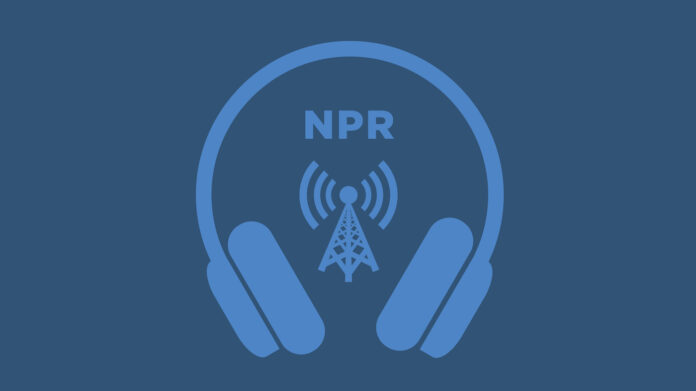SCOTT DETROW, HOST:
In today’s show, we reflect on the numerous elections that have taken place globally this past year. Our correspondents in Asia, Africa, and Latin America have shared insights on the elections they covered. From the unpopularity of incumbents to the role of artificial intelligence in politics, we have delved into various aspects. Now, we turn to Frank Langfitt, a veteran NPR correspondent, to provide a broader perspective on what these elections signify for the state of democracy.
FRANK LANGFITT, BYLINE: Hey, Scott.
DETROW: Let’s discuss the overall outcome of the elections this year.
LANGFITT: While many elections were conducted fairly, a significant number did not meet the standards of free and fair elections. Countries like Russia, Iran, and China stand out as examples where democratic principles faced challenges.
DETROW: How did geopolitical dynamics influence voter concerns?
LANGFITT: Geopolitical factors played a role in certain countries like Taiwan and Moldova, where decisions on alignment with global powers became central to the election discourse.
DETROW: Moving to South Korea, recent events have raised questions about the stability of its democracy. What are analysts saying?
LANGFITT: The attempted declaration of martial law by President Yoon Suk Yeol highlighted both the strengths and vulnerabilities of democratic institutions in South Korea. The impeachment of the president underscores the resilience of these institutions.
DETROW: Let’s not overlook Israel, a country embroiled in conflict. How has the state of democracy evolved amidst these challenges?
LANGFITT: The war in Israel has influenced political dynamics, with shifts in government attitudes towards judicial reforms. The exhaustion among the population has tempered the opposition’s energy for democratic activism.
DETROW: As we wrap up this discussion, it’s clear that the global landscape of democracy remains complex and evolving. Thank you, Frank, for your insights.
Copyright © 2024 NPR. All rights reserved. Visit our website terms of use and permissions pages at www.npr.org for further information.
NPR transcripts are created on a rush deadline by an NPR contractor. This text may not be in its final form and may be updated or revised in the future. Accuracy and availability may vary. The authoritative record of NPR’s programming is the audio record.




